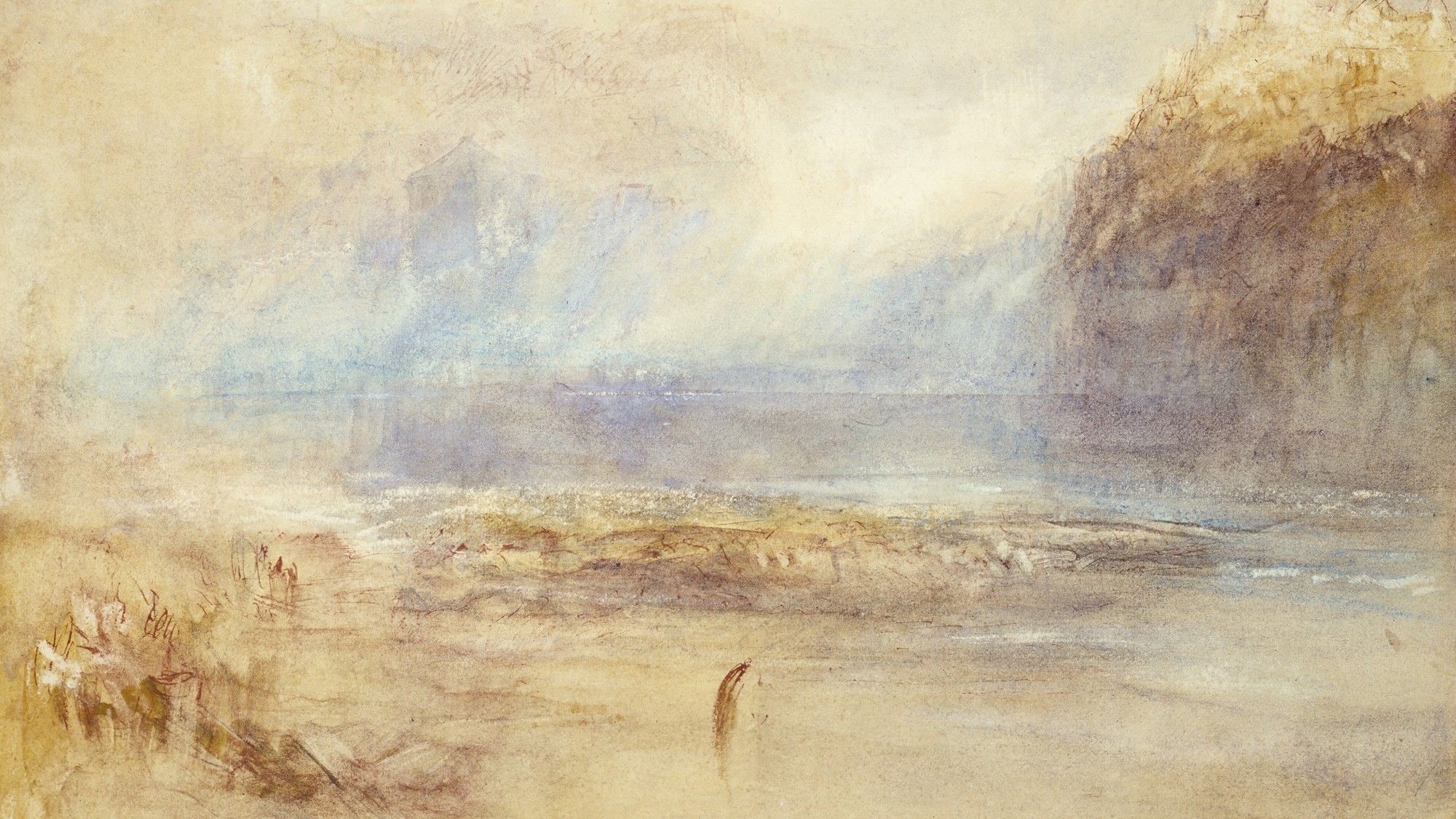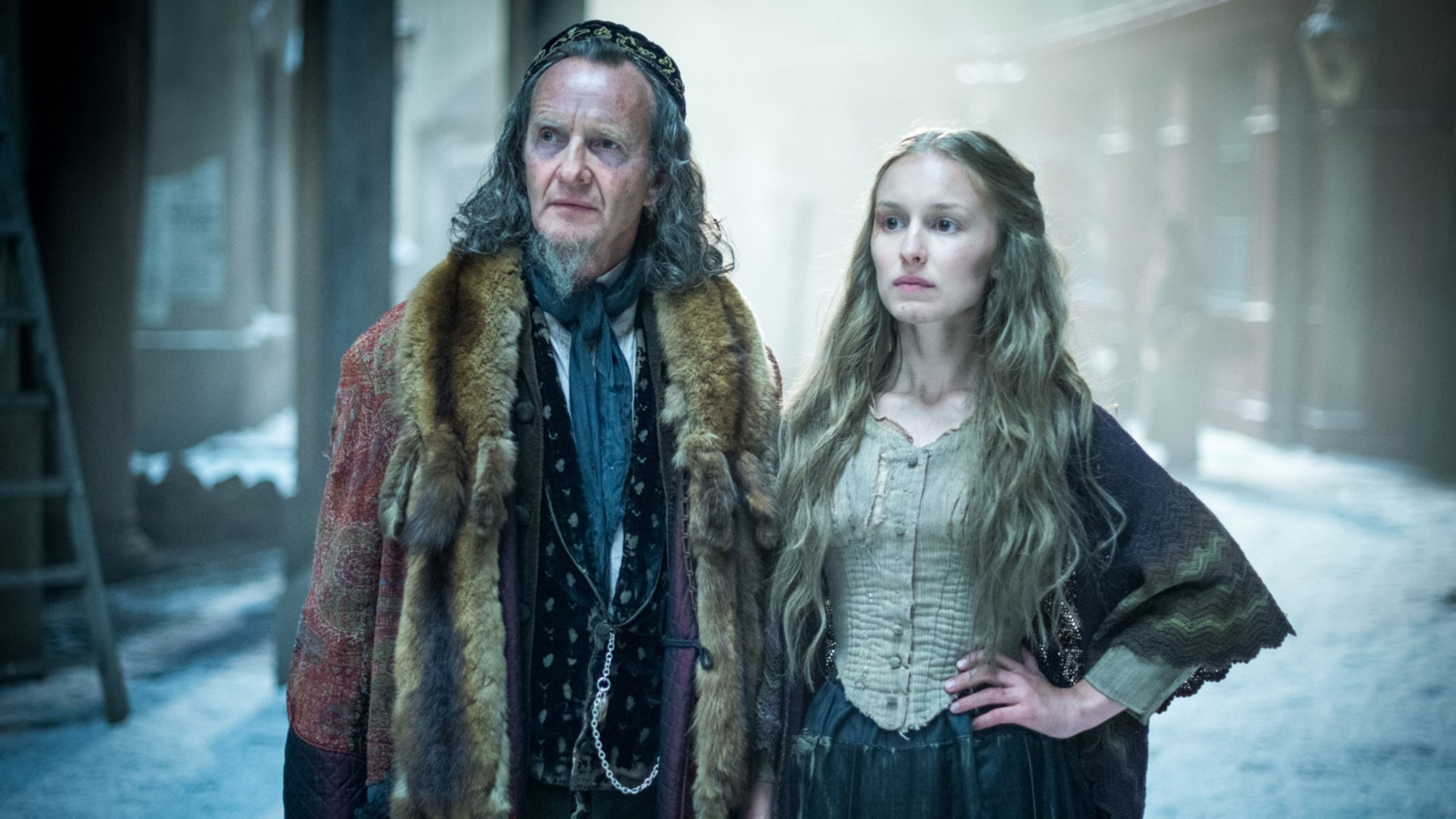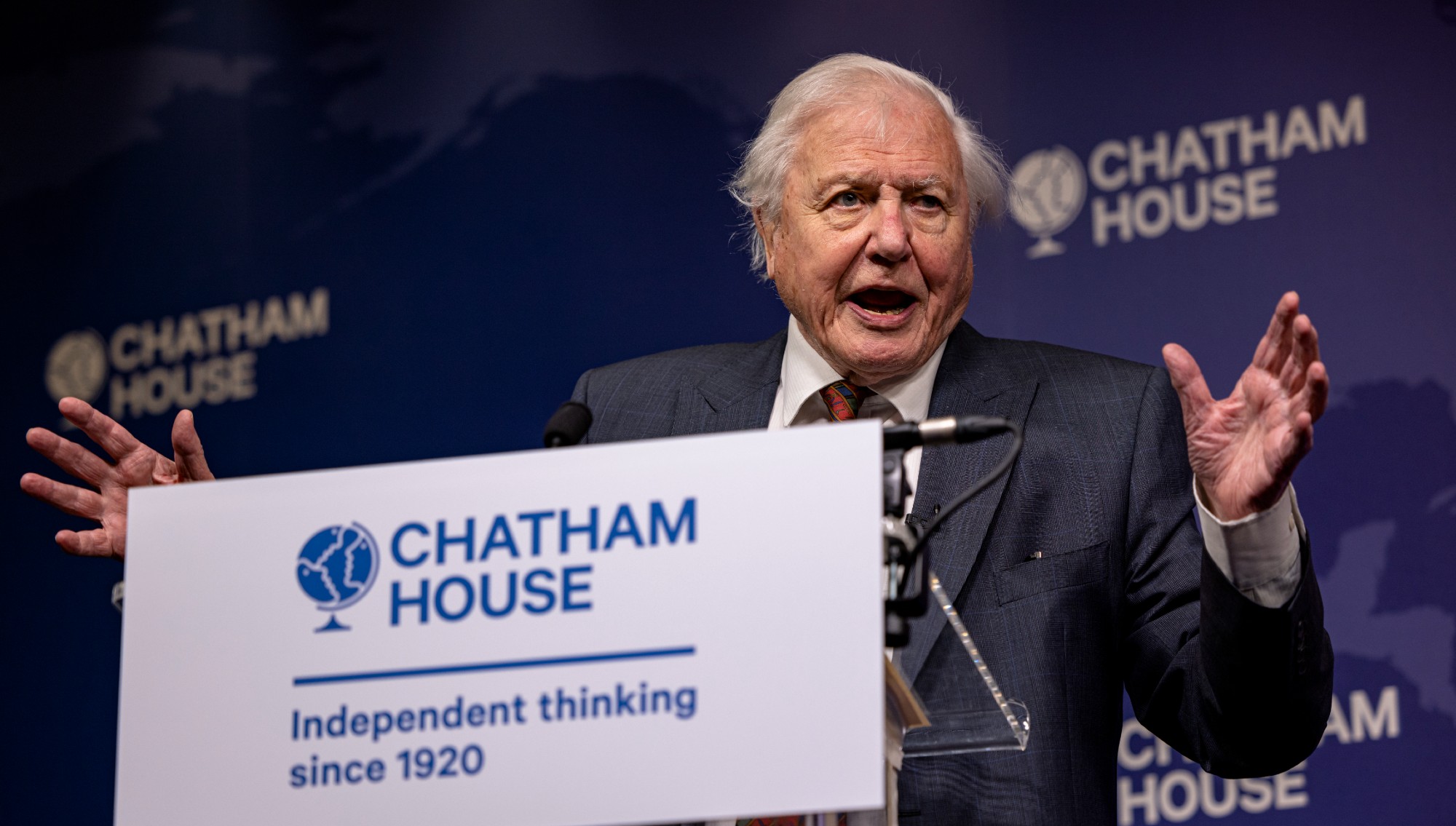Doctor Who: 60 years of time-travelling tomfoolery
Special episodes celebrate show's past as Whovians look forward to new seasons ahead

A free daily email with the biggest news stories of the day – and the best features from TheWeek.com
You are now subscribed
Your newsletter sign-up was successful
"Doctor Who", the longest running sci-fi television series of all time, is celebrating its 60th anniversary this week, with David Tennant returning to his role as the time-travelling hero to mark the occasion.
And "while the anniversary will give fans a chance to celebrate the show's past, they will also be looking to its future", said the BBC.
Where did it all begin?
The "birth of Doctor Who" is the "sort of thing that could only have happened in the 1960s", said the British Film Institute (BFI). The "Canadian maverick" Sydney Newman, who had recently taken over the BBC's drama department, had been tasked with creating a programme that would "hold the audience between the football results and 'Juke Box Jury'".
The Week
Escape your echo chamber. Get the facts behind the news, plus analysis from multiple perspectives.

Sign up for The Week's Free Newsletters
From our morning news briefing to a weekly Good News Newsletter, get the best of The Week delivered directly to your inbox.
From our morning news briefing to a weekly Good News Newsletter, get the best of The Week delivered directly to your inbox.
He thought that science-fiction was "a marvellous way – and a safe way, I might add – of saying nasty things about our society". He hired Verity Lambert, "a move that raised eyebrows" in the corporation as she was the only woman producer in the drama department and, at 28, was also the youngest. Newman also brought in the BBC's first Indian director, Waris Hussein, who was just 25 at the time.
The first episode, "An Unearthly Child", was broadcast on 23 November 1963. "I never cease to be amazed at how it managed to take off," Hussein told the Radio Times.
More than 800 episodes and 14 Doctors later, the show is marking its 60th anniversary with the release of three special episodes.
How did 'Doctor Who' become so popular?
What sets "Doctor Who" apart from more "traditional sci-fi fare like 'Star Trek', is that the Doctor always travels with one or more companions", said Forbes in 2013, on the show's 50th anniversary. It's one reason for the series' success: the Doctor would be "nothing" without his partners in time and space exploration.
A free daily email with the biggest news stories of the day – and the best features from TheWeek.com
The fact that the main character regenerates is also part of its "genius", Cavan Scott, author of "Doctor Who: Who-ology", told Space.com. As each star leaves the show, "a completely new person with a slightly different personality" enters, putting their own unique spin on the iconic character.
The show's "quintessential British-ness" and "eccentricity" is a "surprising aspect of its appeal too", said Forbes. And "aside from simply being one of television's brilliant ideas", some would argue Doctor Who's longevity is down to having "moved with the times and reflected our culture", said the BFI.
Has it always been well received?
Despite its success, the show was cancelled in 1989, and "an ill-fated attempt" to revive it with a TV film in 1996 "failed" too, said Forbes. "Like the Doctor himself, the show proved resilient", regenerating on to television screens once again in 2005.
Four years later, Guinness World Records named "Doctor Who" the "most successful" sci-fi series ever. The show has maintained its "remarkable success" and is still "going strong", with the 2005 reboot attracting a "huge fanbase in America" too.
In recent years, some fans have criticised the writing for being "too politically correct", said The Guardian, while others have argued that "far from being too liberal", it has "become problematic on social issues" like race and LGBTQ+ representation.
And some think there needs to be more than a change of lead actor to breathe new life into the show. "Its tricks have gotten old", said Wired last year. The stories have "remained relatively static" and there has been a "reliance" on the same age-old enemies – "Daleks! Cybermen! Weeping Angels! The Master! Even more Daleks for some inexplicable reason!"
What about its off-screen impact?
"Doctor Who" has become a cultural touchpoint for generations of television audiences, with millions of fans continuing to tune in week after week. It has inspired books, spin-off series and podcasts, and Whovians (the show's fans) meet at regular conventions.
Its revival in 2005 also became a "catalyst for the growth of the screen industry" in Wales, the Welsh government has said, creating thousands of jobs and attracting visitors to filming locations. "Doctor Who" has contributed more than £134 million to the Welsh economy, according to a BBC report, and a total of £256 million to the UK economy.
And it's even shaped fashion trends. Within weeks of Matt Smith, the Eleventh Doctor, declaring "bow ties are cool" during an episode in 2010, Topman reported a 94% increase in sales.
What's next for the Doctor?
Writer and producer Russell T. Davies has returned to the show, and outgoing Doctor Jodie Whittaker is handing over the Tardis's keys to "Sex Education" star Ncuti Gatwa.
Gatwa will make his first appearance in the Christmas Day episode, before the full series gets under way in 2024. It's being referred to as "season 1", Davies revealed to SFX magazine, indicating fans can expect "a 'reset' of sorts for the show". Season 2 is expected to be on our screens in 2025.
Julia O'Driscoll is the engagement editor. She covers UK and world news, as well as writing lifestyle and travel features. She regularly appears on “The Week Unwrapped” podcast, and hosted The Week's short-form documentary podcast, “The Overview”. Julia was previously the content and social media editor at sustainability consultancy Eco-Age, where she interviewed prominent voices in sustainable fashion and climate movements. She has a master's in liberal arts from Bristol University, and spent a year studying at Charles University in Prague.
-
 Local elections 2026: where are they and who is expected to win?
Local elections 2026: where are they and who is expected to win?The Explainer Labour is braced for heavy losses and U-turn on postponing some council elections hasn’t helped the party’s prospects
-
 6 of the world’s most accessible destinations
6 of the world’s most accessible destinationsThe Week Recommends Experience all of Berlin, Singapore and Sydney
-
 How the FCC’s ‘equal time’ rule works
How the FCC’s ‘equal time’ rule worksIn the Spotlight The law is at the heart of the Colbert-CBS conflict
-
 The 8 best TV shows of the 1960s
The 8 best TV shows of the 1960sThe Week Recommends The standout shows of this decade take viewers from outer space to the Wild West
-
 Turner: The Secret Sketchbooks – a fascinating portrait of the great painter
Turner: The Secret Sketchbooks – a fascinating portrait of the great painterThe Week Recommends BBC2 documentary examines the rarely seen sketchbooks of the enigmatic artist
-
 Dianarama examines the ‘extraordinary scale’ of Martin Bashir’s lies
Dianarama examines the ‘extraordinary scale’ of Martin Bashir’s liesThe Week Recommends Andy Webb’s book is packed with ‘astonishing’ allegations surrounding Princess Diana’s 1995 Panorama interview
-
 Eurovision faces its Waterloo over Israel boycotts
Eurovision faces its Waterloo over Israel boycottsTalking Point Five major broadcasters have threatened to pull out of next year’s contest over Israel’s participation
-
 Unforgivable: harrowing drama about abuse and rehabilitation
Unforgivable: harrowing drama about abuse and rehabilitationThe Week Recommends 'Catastrophic impact' of abuse is explored in 'thought-provoking' series
-
 How to go on your own Race Across the World
How to go on your own Race Across the WorldThe Week Recommends The BBC hit show is inspiring fans to choose low-budget adventures
-
 The top period dramas to stream now
The top period dramas to stream nowThe Week Recommends Heaving bosoms and billowing shirts are standard fare in these historical TV classics
-
 David Attenborough at 99: a 'radical' voice for climate action
David Attenborough at 99: a 'radical' voice for climate actionIn The Spotlight In his new film 'Ocean', TV's best-known naturalist delivers his strongest message yet